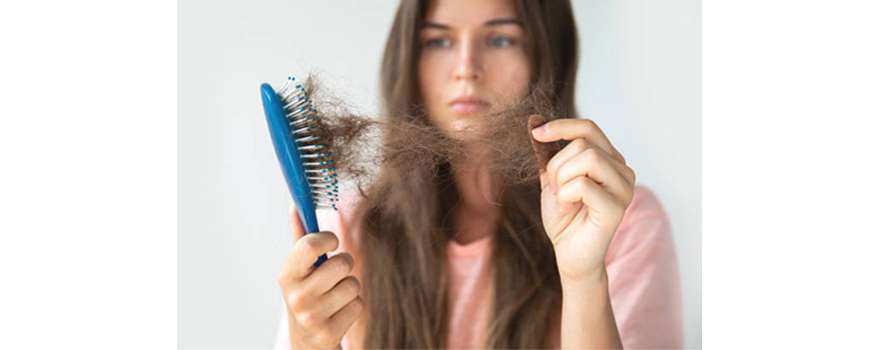Balancing Pitta Dosha, one of the three primary Doshas in Ayurveda (the traditional system of medicine from India), is important for maintaining overall health and well-being. Pitta Dosha is associated with the elements of fire and water and is characterized by qualities such as hot, sharp, oily, and intense. When Pitta becomes imbalanced, it can lead to various physical and emotional symptoms, such as inflammation, irritability, digestive issues, and skin problems.
Here are some general guidelines to help balancing Pitta Dosha
Dietary Considerations:
- Choose cooling, non-spicy foods: Opt for foods that are sweet, bitter, and astringent in taste. These include fruits like melons, grapes, and pomegranates, as well as leafy greens and cucumbers.
- Avoid spicy, sour, and salty foods: These can aggravate Pitta. Limit or avoid foods like chilli peppers, tomatoes, and salty snacks.
- Stay hydrated: Drink plenty of water throughout the day, and consider adding cooling herbal teas like mint or chamomile.
Eat Regularly:
- Pitta Dosha benefits from regular meal times. Avoid skipping meals and opt for a light, balanced breakfast, lunch, and dinner.
Herbal Remedies:
- Some herbs and spices can help balance Pitta. Consider using cooling herbs like coriander, fennel, and mint in your cooking.
Lifestyle Recommendations:
- Maintain a regular routine: Try to go to bed and wake up at the same times each day to establish a routine.
- Avoid overheating: Stay cool, both physically and emotionally. Avoid hot baths and showers and try to remain calm in stressful situations.
- Engage in calming activities: Meditation, yoga, and deep breathing exercises can help reduce stress and balance Pitta.
Exercise:
- Pitta benefits from moderate, cooling forms of exercise, such as swimming and walking. Avoid intense, competitive activities that can increase heat and stress.
Mindfulness:
- Practice mindfulness and meditation to help calm the mind and reduce stress, which can help balance Pitta.
Manage Emotions:
- Work on anger and irritability through counselling, self-reflection, and relaxation techniques.
Avoid Excessive Sun Exposure:
- Protect your skin from excessive sun exposure, as Pitta individuals are sensitive to heat and sunlight.
Yoga:
- Incorporate yoga postures that focus on cooling and relaxation, such as Shavasana (corpse pose), and poses that gently stretch and open the body.
It’s important to note that Ayurveda is a holistic system, and the approach to balancing Doshas may vary from person to person. If you have specific health concerns or are looking for a personalized Ayurvedic assessment, it’s best to consult with a qualified Ayurvedic practitioner who can provide individualized guidance and treatments. They can determine your unique constitution (Prakriti) and current imbalances (Vikriti) and provide recommendations accordingly.



